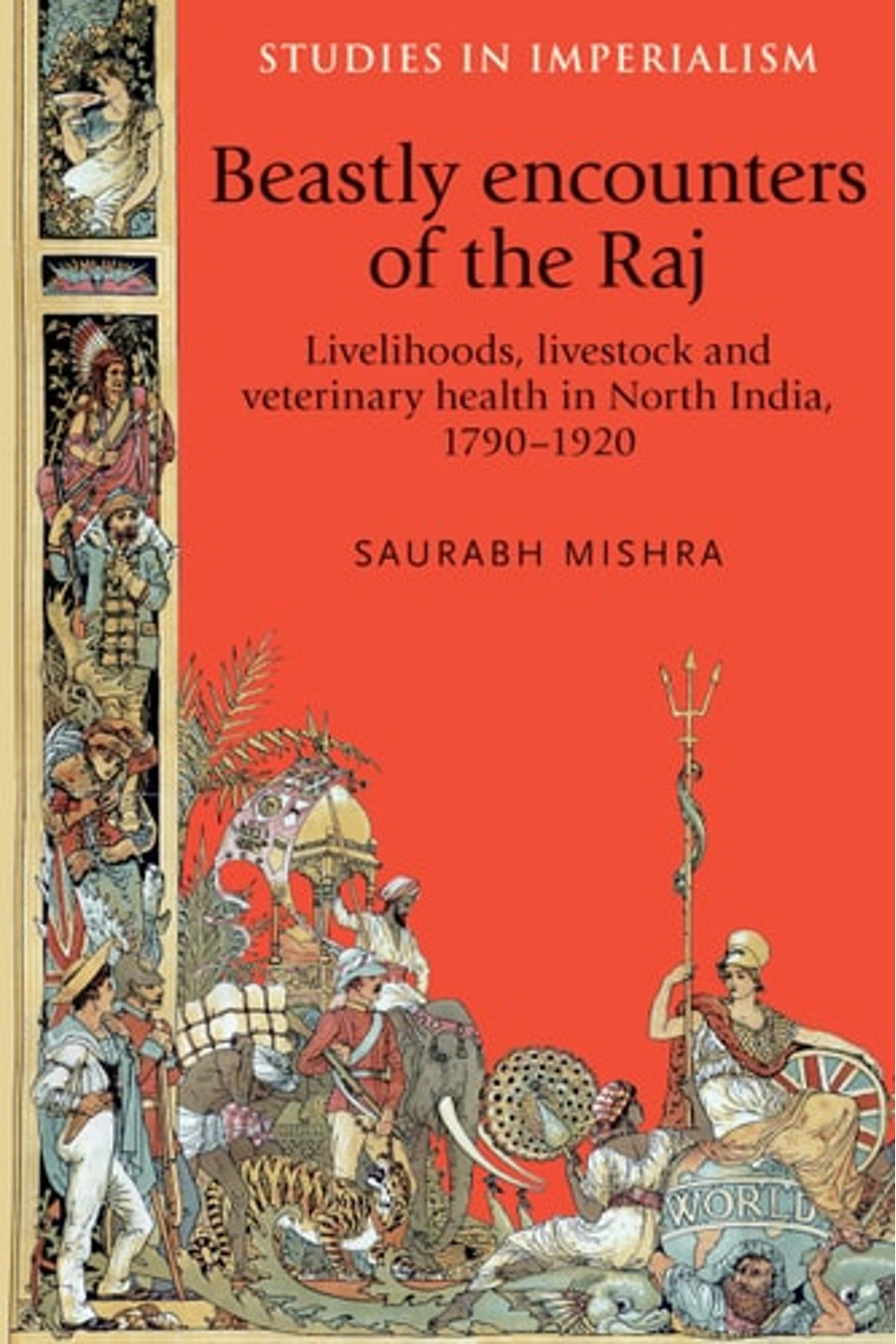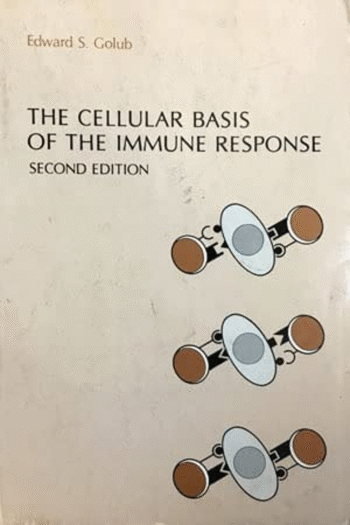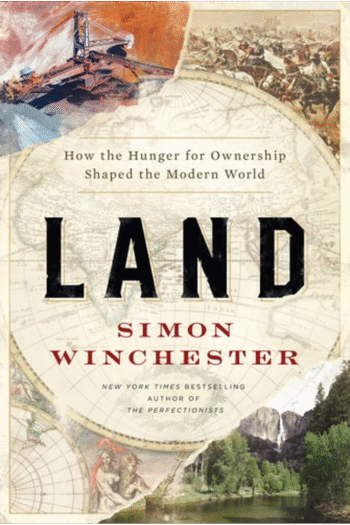Explore the fascinating intersection of colonial history, veterinary medicine, and animal studies in Saurabh Mishra’s *Beastly Encounters of the Raj: Livelihoods, Livestock and Veterinary Health in North India, 17901920*. Published by Manchester University Press as part of the “Studies in Imperialism” series, this groundbreaking hardcover offers a vital, often-overlooked perspective on British India. Mishra delves into the social and economic impact of veterinary practices on local communities, examining how colonial policies affected livestock, agriculture, and the lives of ordinary people. Uncover the hidden histories of famines, agrarian relations, and caste dynamics through the lens of animal health, challenging traditional narratives of the Raj. Discover a world where the well-being of cattle shaped social structures and influenced the course of history. Perfect for scholars and readers interested in South Asian history, colonial studies, and the history of medicine.
Beastly encounters of the Raj: Livelihoods, livestock and veterinary health in North India, 17901920 (Studies in Imperialism, 121)
22,77 $
In stock
This is the first full-length monograph to examine the history of colonial medicine in India from the perspective of veterinary health. The history of human health in the subcontinent has received a fair amount of attention in the last few decades, but nearly all existing texts have completely ignored the question of animal health. This book will not only fill this gap, but also provide fresh perspectives and insights that might challenge existing arguments.
At the same time, this volume is a social history of cattle in India. Keeping the question of livestock at the centre, it explores a range of themes such as famines, agrarian relations, urbanisation, middle-class attitudes, caste formations etc. The overall aim is to integrate medical history with social history in a way that has not often been attempted.
| Authors | |
|---|---|
| Binding | |
| Condition | |
| ISBN-10 | 0719089727 |
| ISBN-13 | 9780719089725 |
| Language | |
| Pages | 184 |
| Publisher | |
| Year published | |
| Weight | 454 |
| Edition | 1 |
- Additional information
- Currencies
- USD – United States dollar
- EUR – Euro
- GBP – Pound sterling
- CNY – Chinese yuan
- BRL – Brazilian real
- MXN – Mexican peso
- JPY – Japanese yen
- PHP – Philippine peso
- THB – Thai baht
- PLN – Polish złoty
- CAD – Canadian dollar
- MYR – Malaysian ringgit
- AUD – Australian dollar
- TWD – New Taiwan dollar
- CZK – Czech koruna
- SEK – Swedish krona
- HUF – Hungarian forint
- ILS – Israeli new shekel
- CHF – Swiss franc
- HKD – Hong Kong dollar
- DKK – Danish krone
- SGD – Singapore dollar
- NOK – Norwegian krone
- NZD – New Zealand dollar





